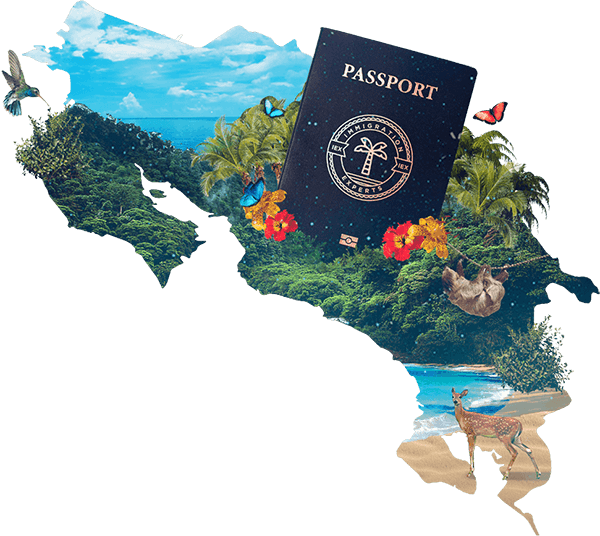Costa Rica is often considered more affordable than many Western countries, particularly in terms of housing and healthcare. However, the cost of living can vary significantly depending on the region and lifestyle choices.
1. Housing Costs:
Rental prices in Costa Rica can vary widely. The cost of housing is generally higher in urban areas, such as San José and popular beach towns. Expats may choose from a range of options, including apartments, houses, and condominiums. Expect to pay more for oceanfront properties and luxury accommodations.
2. Utilities:
Utility costs are relatively reasonable in Costa Rica. This includes electricity, water, and internet services. These expenses may vary based on your usage and location.
3. Transportation:
Costa Rica’s public transportation system is affordable and efficient, with options like buses and taxis. Owning a car can be more expensive due to the cost of gas, maintenance, and vehicle import taxes.
4. Food and Groceries:
The cost of groceries can vary, but basic food items are reasonably priced. Eating out can be affordable or expensive, depending on the type of restaurant and your dining habits.
5. Healthcare:
Healthcare in Costa Rica is of high quality and often more affordable than in many Western countries. However, it’s crucial to have health insurance, which can vary in cost depending on the coverage and provider.
6. Education:
The cost of education can be a significant expense for expat families. International schools, which often use curricula from the U.S. or Europe, can be more expensive than public or local private schools.
Budgeting Tips for Expats in Costa Rica
Create a Detailed Budget:
Develop a comprehensive budget that outlines your monthly expenses, including rent or mortgage, utilities, groceries, transportation, and healthcare.
Comparison Shop:
Compare prices and services when shopping for everyday necessities. Prices can vary from one store to another.
Choose Your Housing Wisely:
Consider your housing options carefully. Expats can find affordable housing outside of touristy areas, and sharing expenses with roommates can reduce costs.
Use Public Transportation:
Opt for public transportation whenever possible to save on transportation costs. Many areas are well-connected by bus, and it’s an eco-friendly choice.
Buy Local Produce:
Local fruits and vegetables are often more affordable than imported ones. Shop at local markets for fresh and reasonably priced produce.
Manage Healthcare Costs:
Explore different health insurance options to find coverage that suits your needs and budget. Some expats choose to combine public and private healthcare services.
In Conclusion
Costa Rica offers a desirable lifestyle, and with careful budgeting and financial planning, expats can enjoy a comfortable standard of living. Understanding the cost of living in Costa Rica and implementing these budgeting tips will help ensure your expat experience is financially sustainable and enjoyable as you embrace the “Pura Vida” lifestyle in this beautiful country.








